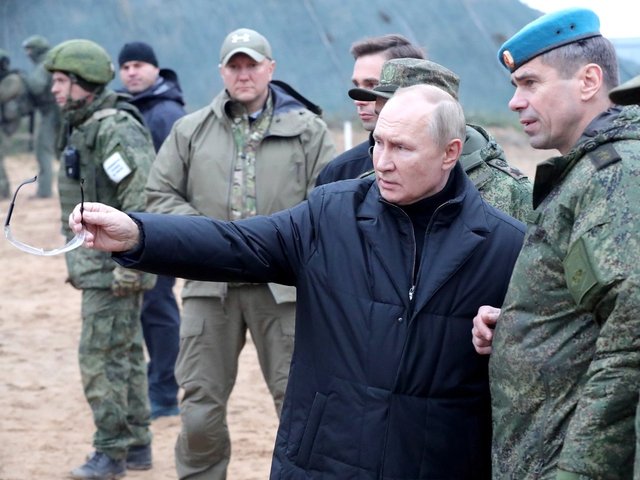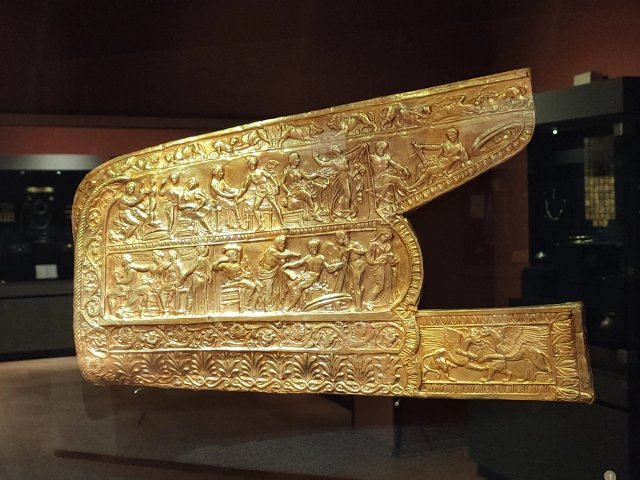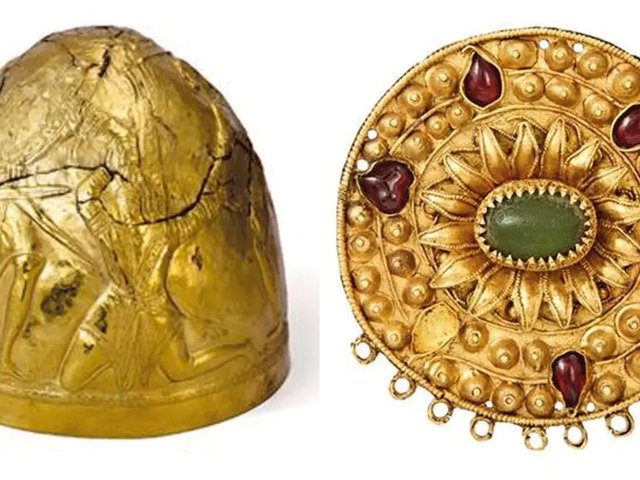Items of Scythian gold that had been on loan from four Crimean museums to a Dutch archaeological museum when Russia annexed the peninsula from Ukraine in March 2014 must be returned to Kiev, a court in Amsterdam ruled yesterday (14 December).
The ruling by the Amsterdam District Administrative Court does not end the battle since the museums have the right to appeal, and even if the pieces go back to Kiev, to be kept at the Museum of Historical Treasures, a court there will have to decide on ownership. But it does bring an end to at least one stage of legal limbo for the 565 works that had initially travelled to the Allard Pierson Museum at the University of Amsterdam for an exhibition called Crimea: Gold and Secrets from the Black Sea.
Gert-Jan Van den Bergh, an attorney who is representing Ukraine in the case and its position that the works were loaned by a sovereign state to which it must return, told The Art Newspaper that the court “has confirmed that a sovereign state can reclaim its cultural property to the extent that artefacts are deemed exported unlawfully from its territory.”
Van den Bergh adds: “The Autonomous Republic of Crimea is not a sovereign state, whereas the artefacts in dispute are to be regarded as cultural property of the State of Ukraine, as further confirmed in the loan agreements that were concluded between the Allard Pierson Museum and the four local Crimean museums.” The museums include the Kerch Historical and Culture Preserve and the Central Museum of Tavrida.
Mikhail Piotrovsky, the director of the State Hermitage Museum in St Petersburg and the president of the Union of Museums of Russia told Russian media that he believes the ruling will be appealed and that “items from the museums of Crimea must be located in the museums of Crimea”.
Elena Gagarina, the general director of the Moscow Kremlin Museums, had a different perspective.
“It’s very important to understand that the entire museum fund is the property of the state and not the property of an individual museum or other cultural institution,” she told reporters. “In this case, when the items were taken from the territory of Ukraine and belong to Ukraine as a state, this decision seems to me to be entirely justified.”




